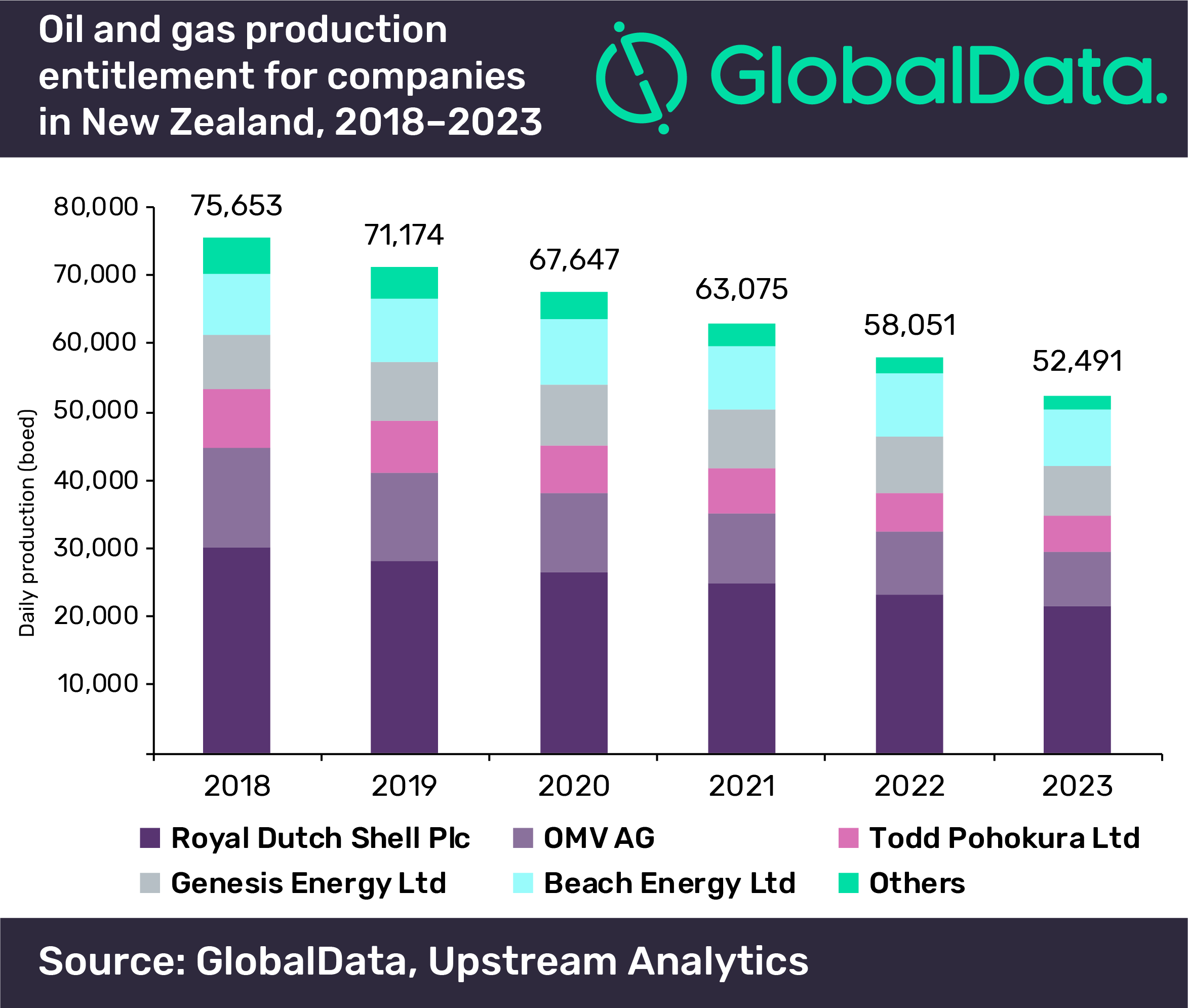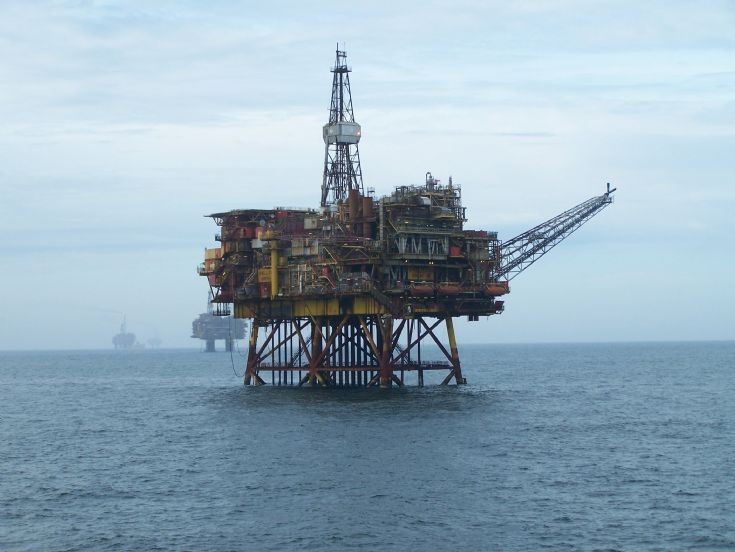According to data and analytics company GlobalData, the suspension of new offshore licensing in New Zealand is unlikely to have an immediate impact on the oil or gas sector, but does signal the possibility of increased restrictions in the future.
Jacinda Ardern, the newly elected Prime Minister of New Zealand, signaled during an interview in October 2017 that the annual licensing process for offshore blocks would be cancelled, after a review of future block offers by the new government.
Jonathan Markham, Oil & Gas Analyst at GlobalData, comments: “The recent announcement does not affect existing exploration and production permits, but creates significant uncertainty about whether upstream investments will be economically practical if current licenses are not extended or re-awarded in the future.”
“Currently, the government has only suspended grants for new offshore exploration licenses. The announcement included a pledge to honor all current licenses, although it is not a binding agreement. This means that the current government could impose further restrictions or a new government with a different outlook could overturn the suspension very easily.
“Companies are free to continue exploration and production activity in permits that they already hold. This limits the immediate impact on existing projects, but interest in offshore New Zealand has waned over the past few years. Since 2016, international oil companies, including Shell, Statoil, and Anadarko, have moved towards exiting the country and the latest government policy is likely to further discourage companies from new investments in the area.”
Markham adds, “The lack of interest in offshore New Zealand has primarily been driven by investment cut backs since the oil price crash in 2014 and poor results from recent exploration drilling. The previous New Zealand government had been attempting to attract upstream investment and grow the offshore oil and gas sector, but the move by the new government is likely to compound the lack of interest”
There are 21 existing offshore exploration licenses, with 15 valid until 2027 – 2030, allowing participants to potentially conduct geological surveys and exploration drilling for over a decade. However the government’s suspension of new offshore permitting is an indicator that, even if a discovery is made, a new permit for production may not be granted. In the longer term, the government’s stance may also affect extensions for licenses with producing fields.





